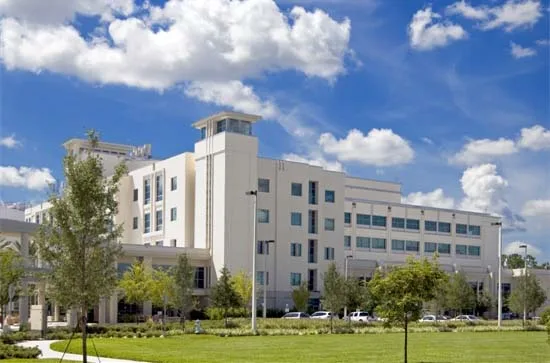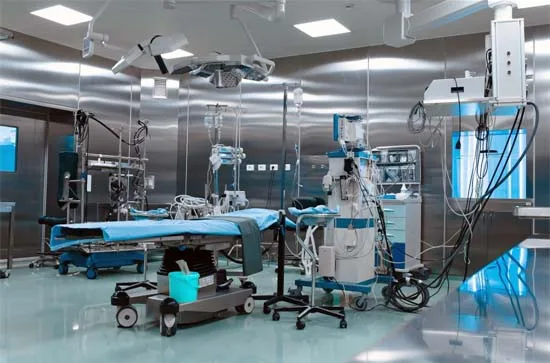Healthcare Facility Types and Regulating Organizations

The healthcare industry is segmented into various types of facilities, each providing different levels of care, such as:
- Hospitals – Addressing injuries, diseases, and genetic abnormalities.
- Ambulatory Surgical Centers (Outpatient Surgery Centers) – Accommodating minor surgeries.
- Doctor’s Offices – Offering examinations, vaccinations, and cold treatments.
- Urgent Care Clinics – Providing urgent care without appointments.
- Assisted Living/Nursing Homes – Offering 24-hour care on a long-term basis.
Regulatory bodies such as the Joint Commission, National Fire Protection Association (NFPA), and the American Society of Healthcare Engineers (ASHE) oversee these facilities. They impose regulations based on the type of care provided and geographical circumstances.
NFPA 110 and Joint Commission Standards
NFPA 110 outlines the emergency power configurations for healthcare facilities. Healthcare systems are categorized into two levels:
- Level 1 – Systems directly affecting life and safety during power interruptions.
- Level 2 – Systems less critical to life safety during a power loss.
The Joint Commission (formerly JCAH), reviews hospitals every three years, ensuring compliance with emergency power systems maintenance and testing. Their recommendations include:
- Analyzing critical equipment power needs against generator capacities.
- Maintaining emergency distribution maps and labeling generators and switches.
- Ongoing generator operator training.
- Testing fuel storage tanks and timely replacement when needed.
This ensures reliable backup power, even in emergencies like floods or hurricanes.
Types of Emergency Power Generators for Healthcare Facilities
Generators for healthcare facilities typically use diesel or natural gas (NG). While NG generators are cleaner and require no fuel storage, they rely on a local utility and stop when utility power fails. Diesel generators are the preferred option, as they don’t depend on external utilities and provide more autonomy.
Types of generators include:
- Generator Skid – Used in hospitals and large facilities requiring high power demand. These are often housed in dedicated rooms with external fuel and exhaust systems.
- Sound Attenuated Enclosures – These generators are mounted on a framework and enclosed to reduce noise. They are suitable for facilities lacking dedicated machinery rooms.
- Portable Generators – Mobile units used for temporary power or when main generators undergo maintenance.
Testing and Maintenance

Generators in healthcare facilities must undergo regular testing and maintenance to comply with NFPA and Joint Commission standards. This includes:
- Weekly inspections.
- Monthly load tests.
- Regular fuel and transfer switch testing.
Generator Source has over 35 years of experience in generator sales, rentals, and servicing. Our skilled technicians can meet all regulatory requirements for healthcare facilities to ensure consistent power during emergencies.
For more information on generator options, including sales or maintenance, contact us at 855-407-0799 or online.